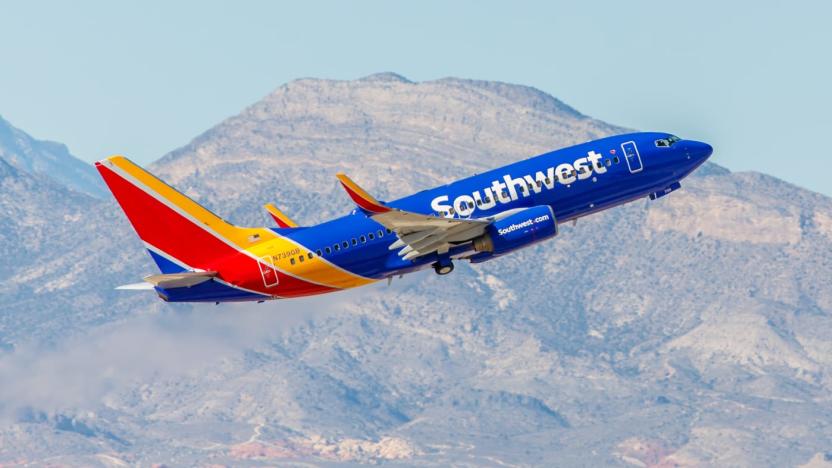ICAO
Latest

Commercial aircraft get their first global emissions standard
Ground-based vehicles have had emissions standards for a while (just ask Volkswagen), but commercial aircraft like passenger jets? Not so much. However, the world just took one big step toward cleaning up the skies: a total of 23 countries have agreed to set the first international carbon dioxide emissions standard for commercial aircraft. If the measures are adopted as recommended, new airplane models will have to meet the tougher guidelines in 2020. New aircraft from existing model lines will follow suit in 2023, and there will be a complete cutoff for non-standard aircraft in 2028.

Inmarsat offers airlines free global tracking to prevent another MH370
After the disappearance of Malaysia Airlines flight MH370, the idea that a plane could simply vanish in an age of information seemed impossible. Satellite company Inmarsat is pledging to prevent the situation from happening again, and will offer tracking services to every passenger airline, free of charge. In the system, all planes would ping Inmarsat's tracking stations every 15 minutes, sending precise location, heading and speed and altitude data to authorities. The proposal will be considered at the International Civil Aviation Organization's meeting, which begins in Montreal later today.

German hackers clone RFID e-passports
Oh snap. First the Dutch get their RFID e-passport system cracked, then VeriChip gets its "counterfeit proof" RFID implant copied by a pair of hackers in front of a live audience, and now some hackers in Germany have undermined some of the security behind the electronic passports that the United States and other countries are planning to implement this month. Lukas Grunwald did the honors this time, and says it took him about two weeks to figure out the hack, with most of his time spent reading the publicly available e-passport standards on the International Civil Aviation Organization's official website. Since all countries will be adhering to the ICAO's standard, his hack should work on other passports as well. Grunwald demonstrated for Wired the whole process of cloning a passport, and even proceeded to copy the data to a corporate smartcard, which when slipped between the normal RFID chip and the reader allows him to have a physical passport that differs from his RFID passport. All is not lost however, since most countries plan to have physical inspections to make sure everything matches up, and information cannot currently be modified on the passport -- but the security failures so far sure don't inspire a lot of confidence.


